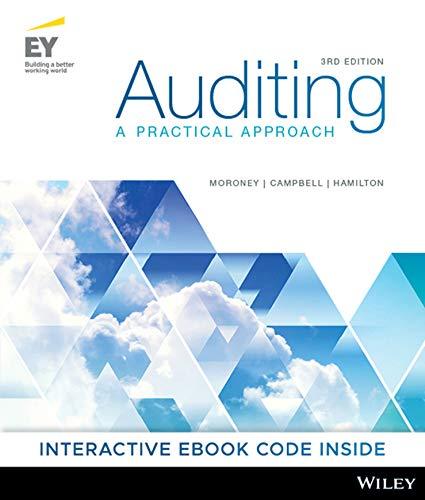Answered step by step
Verified Expert Solution
Question
1 Approved Answer
###In order to find p-values for Questions 1 and 2 , use StatKey to create randomization distributions (one for each question, consisting of at least
###In order to find p-values for Questions 1 and 2, use StatKey to create randomization distributions (one for each question, consisting of at least 5000 randomization samples each). Copy screenshots of both randomization distributions into your assignment. Its okay if you want to crop the screenshots you really just need randomization dot plots showing each p-value.


Step by Step Solution
There are 3 Steps involved in it
Step: 1

Get Instant Access to Expert-Tailored Solutions
See step-by-step solutions with expert insights and AI powered tools for academic success
Step: 2

Step: 3

Ace Your Homework with AI
Get the answers you need in no time with our AI-driven, step-by-step assistance
Get Started


